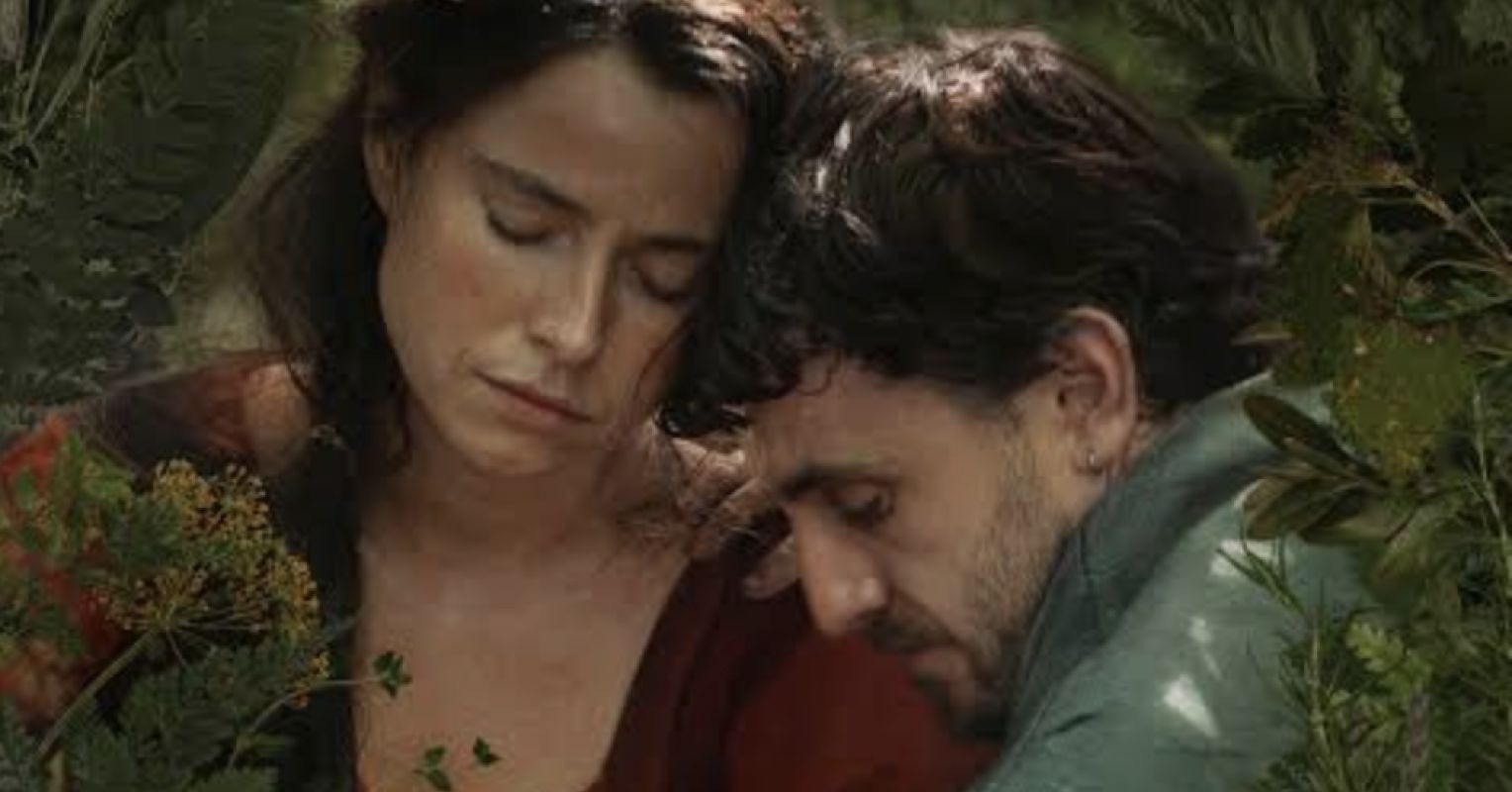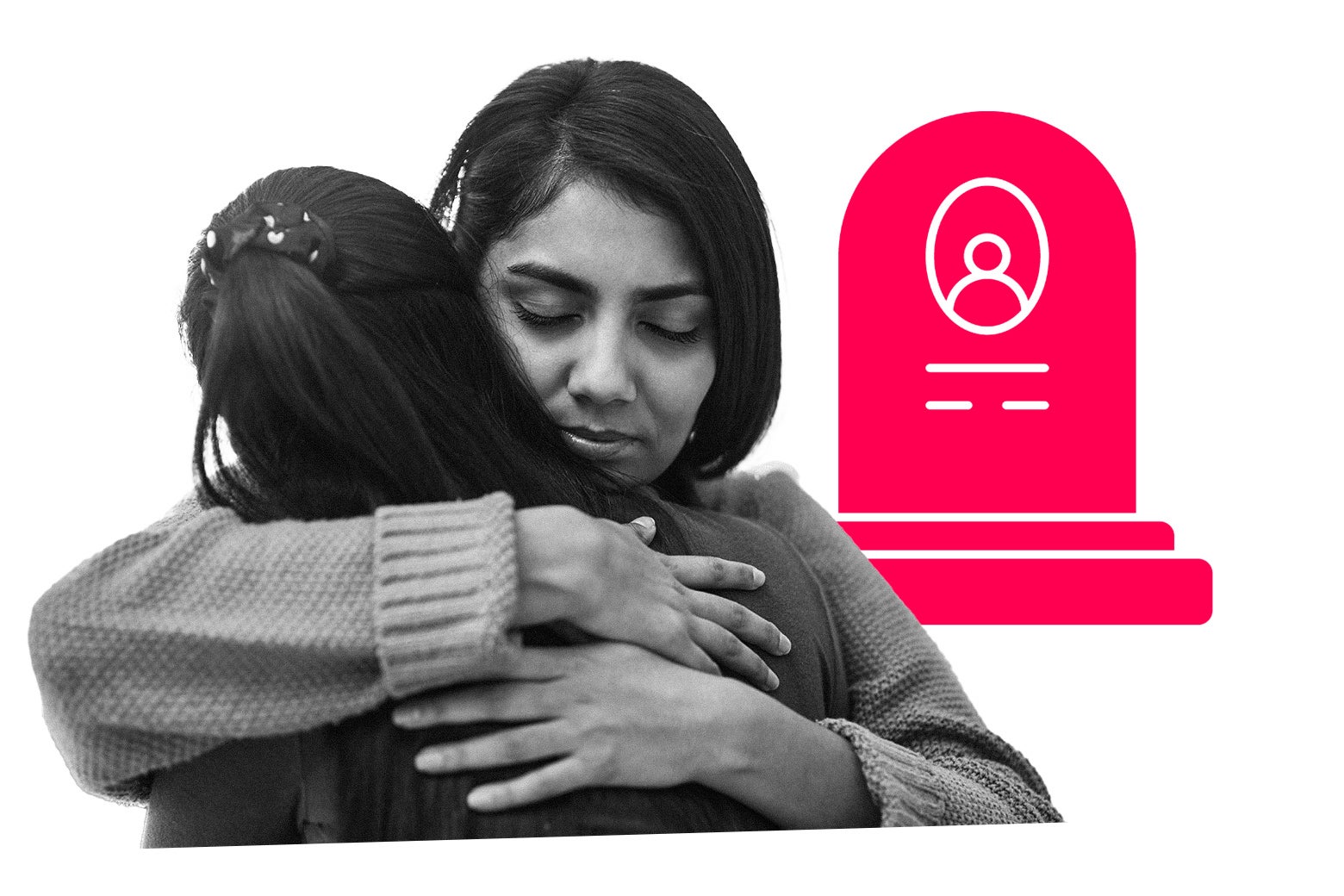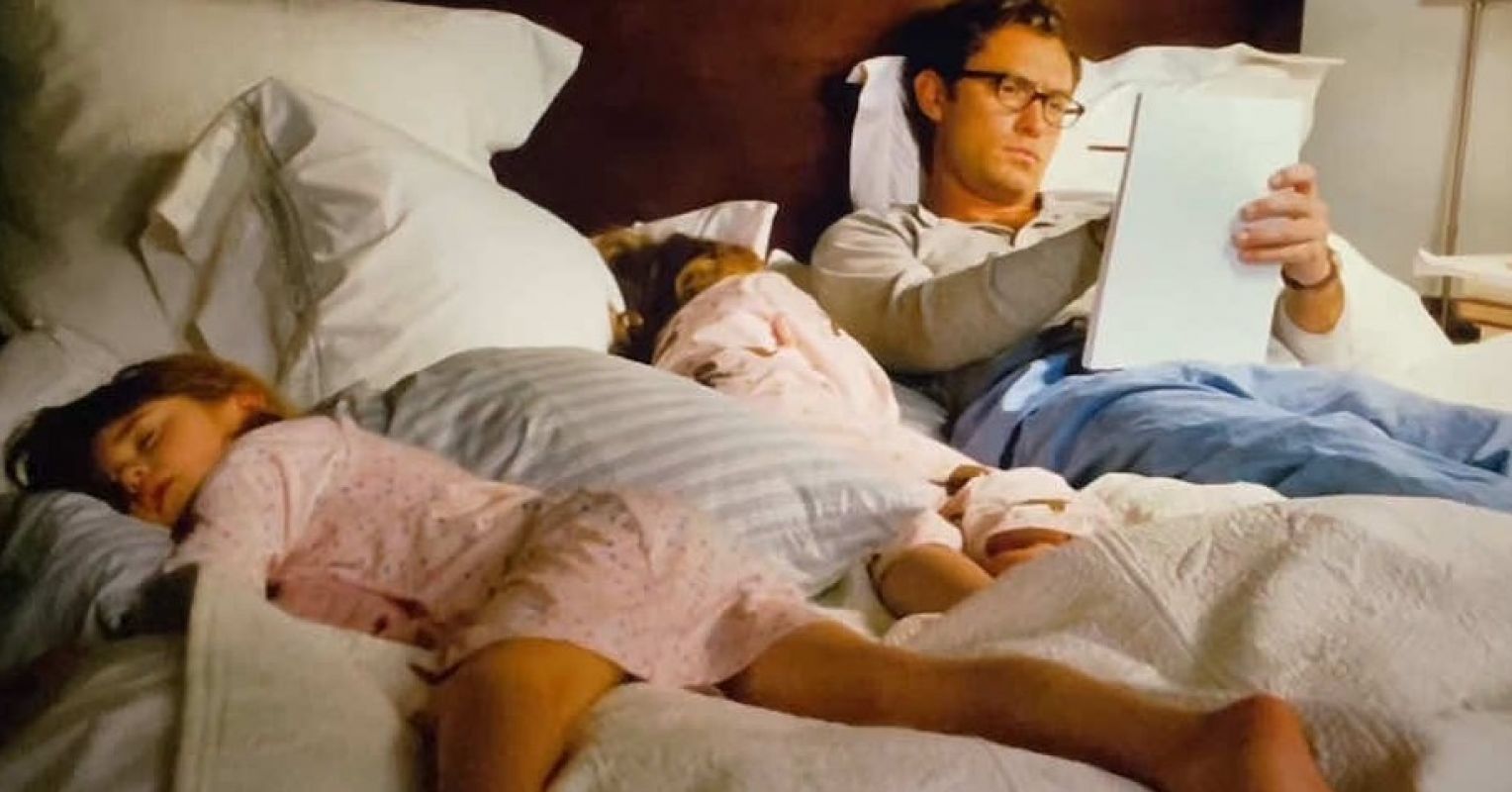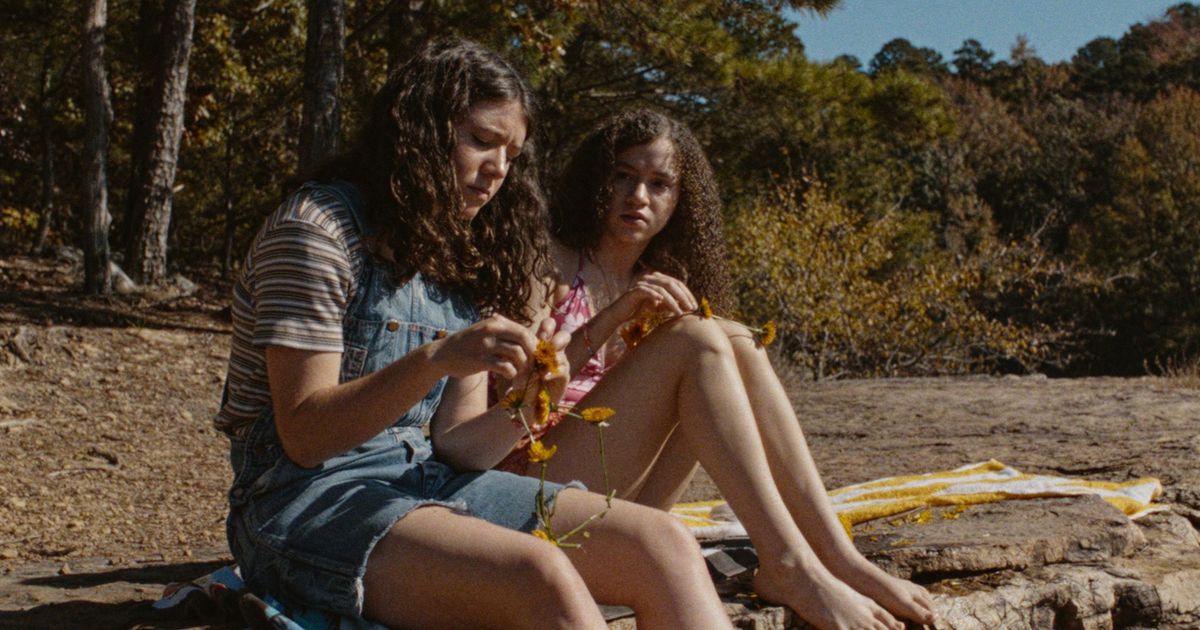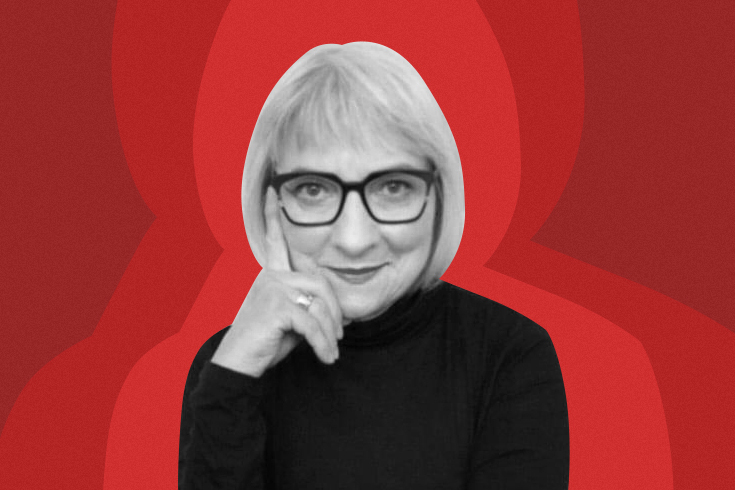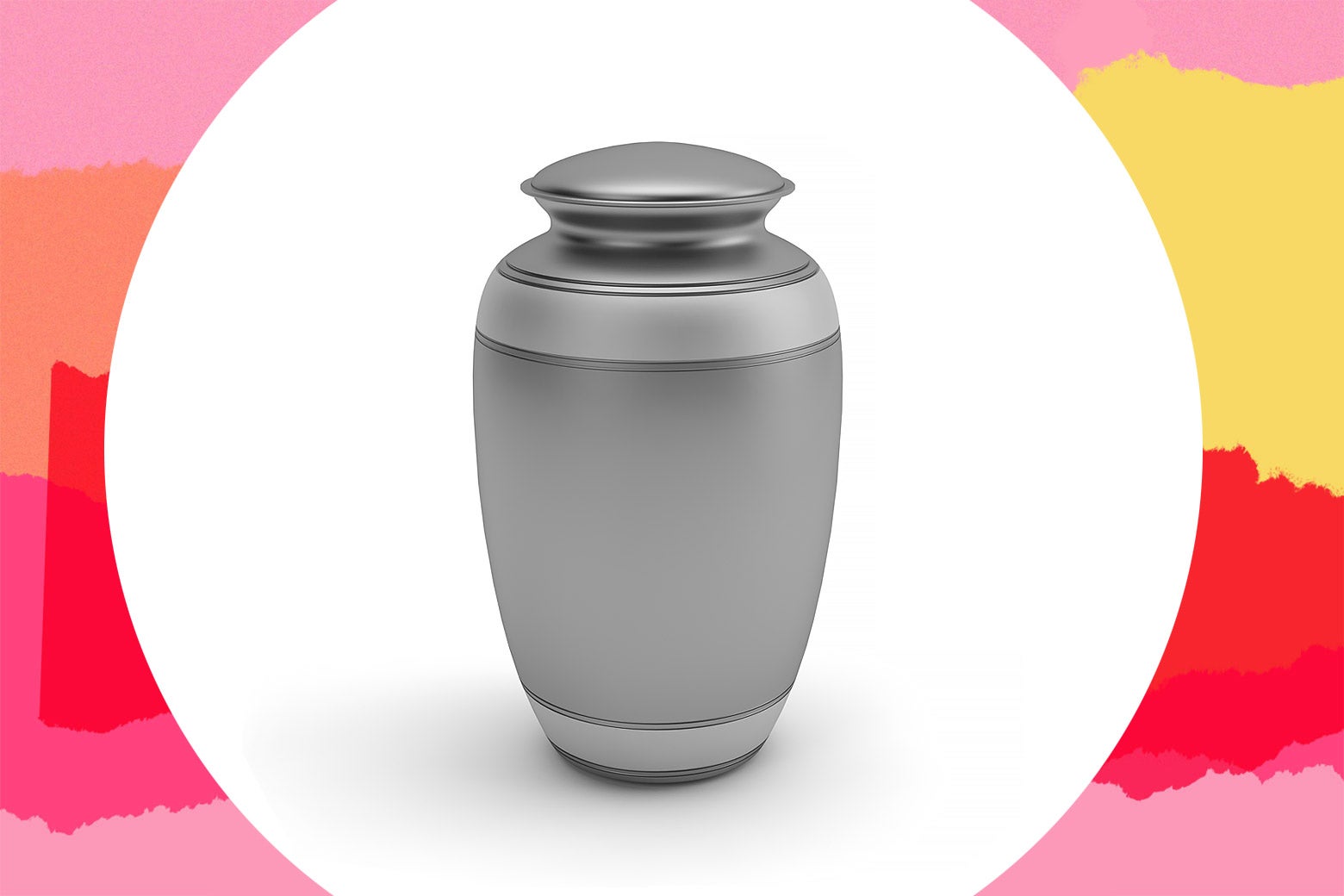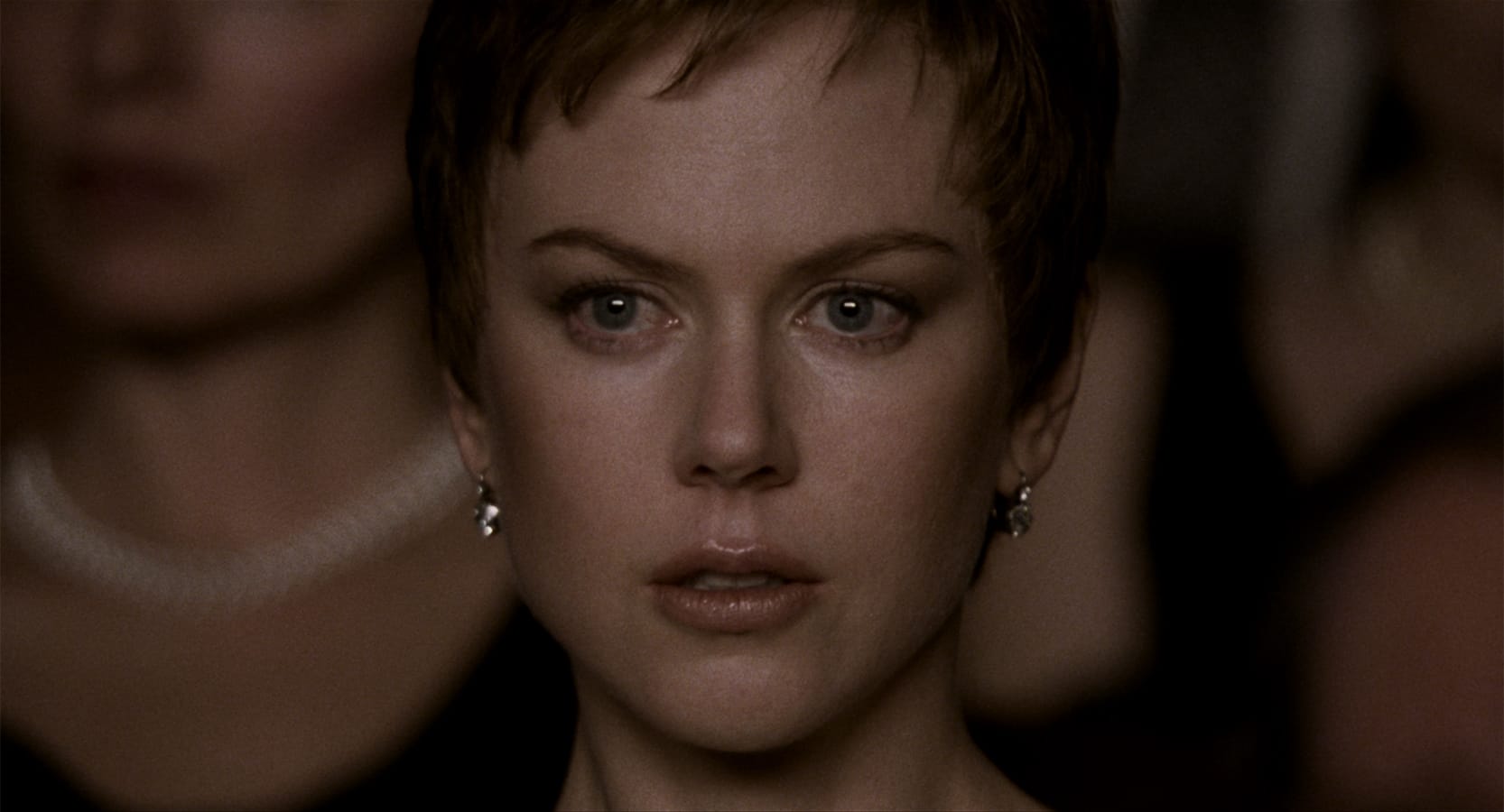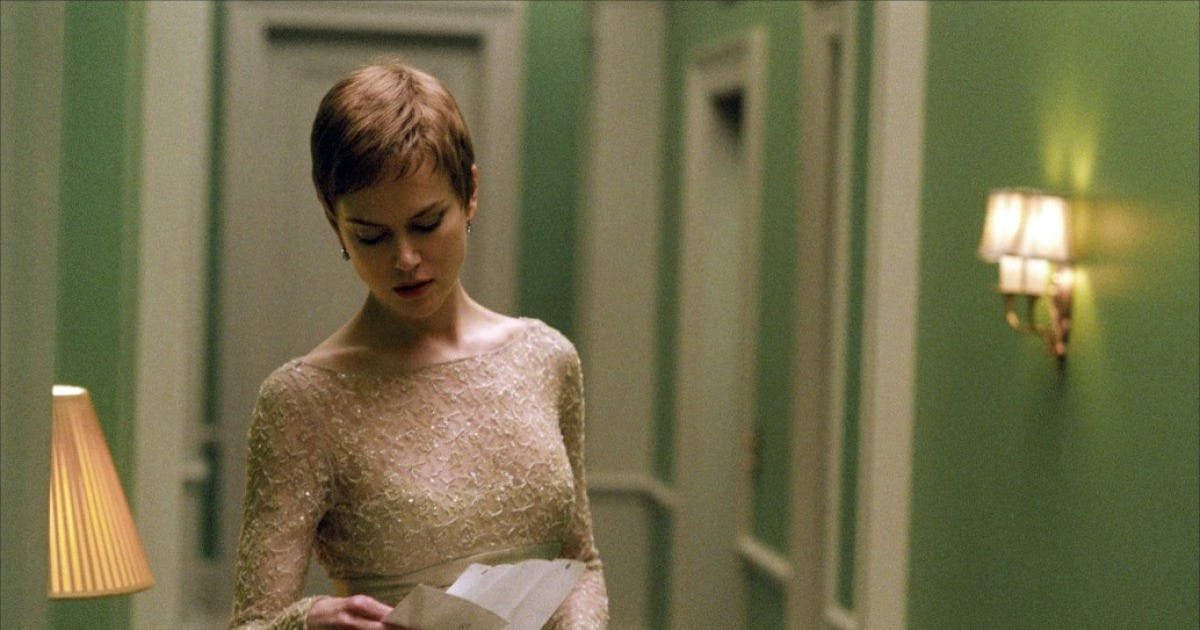#grief
#grief
[ follow ]
#friendship #caregiving #bereavement #boundaries #memory #parenting #relationships #trauma #family #family-conflict
Writing
fromMetro Silicon Valley | Silicon Valley's Leading Weekly
1 week agoVenita Blackburn in San Jose | Metro Silicon Valley | Silicon Valley's Leading Weekly
Venita Blackburn reads from Dead in Long Beach, exploring grief, queer identity, and violent imagination while also teaching and running free writing workshops.
Psychology
fromSilicon Canals
1 week agoI lost touch with most of my childhood friends and grieved that loss until I realized I was mourning who I was, not who they are - Silicon Canals
Nostalgia often reflects grief over lost self-continuity—mourning the person one used to be rather than solely the lost friendships.
Mental health
fromSlate Magazine
2 weeks agoHelp! My Best Friend's Entire Personality Changed After a Traumatic Event. I Can't Stand the "New Her."
Grief after a preventable medical death transformed a close friend into a suspicious, advocacy-driven person, straining a long-term friendship and altering the relationship dynamic.
fromwww.mercurynews.com
2 weeks agoHarriette Cole: His ex came to the funeral, and I found her behavior distasteful
My boyfriend just lost his mom suddenly and tragically. He has barely been able to function during this time, so I took on the responsibility of making the arrangements to honor her life. I knew his mom, too, so it was hard having to stow away my grief, but I know he was grateful. My boyfriend's ex showed up to the funeral.
Relationships
fromwww.theguardian.com
2 weeks agoEverybody Digs Bill Evans review absorbing delve into the tumultuous world of the great jazz man
It's a film about music. Particularly, about what remains when a musician cannot play and is left to consider the terrible sacrifices made, without conscious consent, to this all-consuming vocation that creates family pain and jealousy almost as a toxic byproduct. It's a drama to put you in mind of Glenn Gould and Hilary du Pre, sister of Jacqueline. Screenwriter Mark O'Halloran has adapted the 2013 novel Intermission by Owen Martell about renowned jazz pianist Bill Evans.
Film
fromTODAY.com
2 weeks agoWhy Sheinelle Burst into Tears During a Chance Meeting with Adrienne Bailon-Houghton
"I think it was after Uche had passed, and ... my kids and I, we just wanted to do something together, right? So we went to American Dream in New Jersey. And, so, we got our swimming suits, and we were just having a day. It was our own little family cocoon,"
Television
fromSlate Magazine
2 weeks agoMy Girlfriend Dumped Me. My Reaction Is Freaking Me Out.
My college girlfriend and I (both women) were together for four years, through a pandemic, graduation, and almost a year of post-graduation long distance. It was a very good relationship; we basically never fought, treated each other very well, genuinely liked each other, etc. She broke up with me a few months ago after realizing she wanted kids-I definitely do not.
Relationships
Film
fromwww.theguardian.com
3 weeks agoI don't have to create his legacy, I just have to protect it': Chadwick Boseman's widow Simone on grieving a global star and guarding his secrets
Simone Ledward Boseman marks five years since Chadwick Boseman's death and describes grief softening while guarding private details of his cancer and legacy.
fromwww.theguardian.com
3 weeks agoAfter high school, a friend I was very close to drifted away. Should I seek closure from her? | Leading questions
Should I try to seek closure with a person I used to love but drifted apart from, or is it best to leave them be? There's a person I used to be really close to who doesn't talk to me any more. We didn't have a fight. We just drifted, but I still think about them all the time. We were really close from year 7 to year 12. The truth is I had a devastating crush on her. I told her about it one day; she let me down very sweetly and our friendship continued. She was the first (and so far only) person I've ever felt I loved. She's the reason I identify as bi. And I believed for a few years she loved me too, if in a different way to how I hoped.
Relationships
National Hockey League
fromAbove the Law
3 weeks agoVisiting My Old Law School In The Twin Cities To Mourn A Friend And Curse ICE At A Soulless Hockey Game - Above the Law
A close friend's funeral brought lifelong friends together to continue a memorial hockey weekend tradition amid cold, grief, and political protest.
Relationships
fromMetro Silicon Valley | Silicon Valley's Leading Weekly
3 weeks agoAlison vanDiggelen in Menlo Park | Metro Silicon Valley | Silicon Valley's Leading Weekly
Love appears across families, friendships, and intimate relationships, enabling growth and healing despite grief, trauma, prejudice, and fear.
fromBusiness Insider
3 weeks agoBoth of my parents died before my son was born. My grandmother ended up being my son's grandma too.
My mom died when I was young, so I grew up spending summers with her mom in South Dakota. I loved that time with her, but I often only saw her that one time of year. I lived back in Florida with my dad for the rest of the year. When my grandma was older, she embraced the snowbird lifestyle and spent half the year in Florida to escape the Midwest winters.
Parenting
fromTiny Buddha
3 weeks agoWhat Losing My Brother Taught Me About Addiction, Shame, and Love - Tiny Buddha
Losing my brother to a substance use disorder taught me things I never wanted to learn. Things nobody prepares you for. Things that will change you in ways you never thought possible. It taught me that you can love someone so much it physically hurts-and still not be able to save them. It taught me that you can mourn someone you love long before they are physically gone, and no one tells you how helpless that feels. How humiliating.
Mental health
fromThe Atlantic
3 weeks agoThe Father-Daughter Divide
Growing up, Melissa Shultz sometimes felt like she had two fathers. One version of her dad, she told me, was playful and quick to laugh. He was a compelling storyteller who helped shape her career as a writer, and he gave great bear hugs. He often bought her small gifts: a pink "princess" phone when she was a teen, toys for her sons when she became a mom.
Relationships
fromSlate Magazine
3 weeks agoOvercoming Grief Through Ritual
When we think of rituals, we tend to think of face masks and wellness trends. But there are actually ways to use rituals to help heal grief and deal with stressful times. On this episode, Lucy Lopez, Elizabeth Newcamp, and Zak Rosen are joined by ritual expert Betty Ray to talk about creative ways to help children process grief and big emotions, how to use ritual to create safety and expression, and much more.
Mental health
fromThe Atlantic
3 weeks agoCan Deadbots Make Grief Obsolete?
When Justin Harrison got the call in 2022 telling him that his mother would likely die within the day, he didn't panic. He got on a plane to Singapore, where he was scheduled to present at a conference about his start-up, You, Only Virtual, a platform on which users can chat with AI versions of their dead loved ones, and which Justin believes can ultimately eliminate grief as a human experience. He learned about his mother's death while flying over the Pacific.
Mental health
fromwww.aljazeera.com
4 weeks agoTrauma does not define us': Living with loss in wartime Ukraine
Anastasiya Buchkouska, a 20-year-old student from western Ukraine, gently brushes away layers of snow and ice from her father's grave. She pauses, looking up at the photograph fixed to the gravestone. His face bears a striking resemblance to hers. When her father was younger, he had served in the military. When Russia launched its full-scale invasion of Ukraine on February 24, 2022, he was called up almost immediately and sent to the front line.
Miscellaneous
fromIrish Independent
1 month ago'I was walking with giants' - Anthony Joshua shows vulnerable side as he opens up on loss of friends in car crash
"Not only did their parents, their uncles, their cousins their friends, and myself lose two great men. We lost people we dearly care about and have been major players in all of our lives," Joshua said. "It's tough, it's really tough. "I'm not going to sit here and show all of my emotions. I know in today's day and age, it's easy to micro-analsze as people and pass judgement but I know what I feel, and that's what that matters to me."
World news
fromPsychology Today
1 month agoWhy the Grief Ripples So Deeply When an Advocate Dies
'They're dead.' In disbelief, my response was unfiltered. 'What?' Followed by the F word. A wave of emotion rushed through me. My chest tightened. My body went cold. I could not immediately find the words to offer condolences, not because I did not feel them deeply, but because inside, my many parts were experiencing a collective shock. When you live with dissociative identity disorder (DID), news like this does not land in one place. It ricochets across all parts within.
Mental health
fromwww.theguardian.com
1 month agoSee You When I See You review familar Sundance-y grief comedy drama has its moments
For the Duplass brothers, the festival was, as it has been for many a small-budget artist trying to break out, the difference between a career and another $3 film. Without Sundance, he recently joked: I'd probably be a psychologist right now. Psychologist sympathies peek through See You When I See You, Duplass's feature film return to the festival after 16 years largely focused on acting and directing episodic television, notably for Togetherness, Search Party and the criminally underseen Somebody, Somewhere.
Film
fromVulture
1 month agoSee You When I See You Is Too Afraid to Be Funny, Too Inert to Be Sad
As Aaron Whistler, a comedy writer who had an extremely close, almost conspiratorial bond with his sister Leah (Kaitlyn Dever), Cooper Raiff gives basically the same performance he always gives, delivering his lines in affectless bursts. Perhaps the idea here is to depict Aaron's inability to work through his pain, but that requires a kind of charisma Raiff might not have - he doesn't really convey much of an inner life.
Film
fromBusiness Insider
1 month agoI'm a professional organizer. Helping my 89-year-old mom downsize was emotionally brutal.
When it comes to clutter, my parents were a case of opposites attract. My dad had a shorthand saying: "ABC." It meant "always be clearing." My mother, on the other hand, loved beautiful things and collected them without much rhyme, reason, or organization. I always followed my dad's footsteps more closely. Although I hold a doctorate and have a career in academia, I started a professional organizing company 17 years ago. Today, A Clear Path has 17 employees.
Relationships
Parenting
fromSlate Magazine
1 month agoMy Due Date Coincides With a Sad Day in My Sister's Past. But What She's Asking Me to Do About It Is Way Out of Bounds.
Do not change medical decisions, such as induction, for others' emotional comfort; set boundaries while showing empathy for grieving relatives.
fromwww.theguardian.com
1 month agoA Single Man by Christopher Isherwood review getting through the day
At the start of A Single Man, George Falconer wakes up at home in the morning and drags himself despondently to the bathroom. There he stares at himself in the mirror, observing not so much a face as the expression of a predicament a dull harassed stare, a coarsened nose, a mouth dragged down by the corners into a grimace as if at the sourness of its own toxins, cheeks sagging from their anchors of muscle.
Books
fromwww.theguardian.com
1 month agoThe pub that changed me: Shattering grief took me there for the first time'
The Crown Bard in Rhyl had always been there, on the main road on the way out of town. Despite living a five-minute walk away, I don't remember ever going there in my teens, but I must've passed it thousands of times. Local wisdom dictated it was where the rugby lads drank, while the pub directly opposite was where you'd find the football crowd.
Relationships
fromConde Nast Traveler
1 month agoIn India, Grieving a Heartbreaking Loss and Finding Myself Again
It's my mom's favorite country, and the house we share is full of treasures from her travels there, from peacock fans and silk scarves, to jewelry boxes carved from mango wood. I grew up in the UK, hearing spellbinding tales of painted elephants and mirrored palaces, and India soon occupied a special place in my imagination. Having got to 42 without making it to the promised land, this summer my chances of going there felt slimmer than ever.
Mental health
fromPsychology Today
1 month agoGrief and Inflammation: When Emotional Pain Becomes Physical
Our brain interprets grief as stress. As a result, it activates our stress-response systems, especially the hypothalamic-pituitary-adrenal (HPA) axis and the sympathetic nervous system. These systems release stress hormones such as cortisol and adrenaline, which are meant to protect the body in short-term crises. In acute grief, these responses are adaptive. They help us cope with shock and disruption. If unresolved, however, the same systems can become dysregulated.
Medicine
fromwww.theguardian.com
1 month agoThe pet I'll never forget: Bosko the great flying cat inspired my art and delivered me from grief
I grew up with cats when I was a little kid but my love of black cats began when I moved from New York to LA in 1996 and found four feral black cats in my back yard. Almost immediately, two female cats got knocked up and had two litters at the same time. Suddenly, we had 13 black cats, the most I'd ever cared for at once.
Pets
[ Load more ]


